Managing director speaks at international ethics conference
Agency shares guidance on communicating the value of academic centers
Red Window Managing Director Kelley Hunsberger speaks as Founder and CEO Lucy Schultze listens during the 33rd International Conference of the Association for Practical and Professional Ethics.
Credit: Noel Photos for APPE
How do you build marketing engagement around something as fundamental as right and wrong?
Leaders of university-based ethics centers from around the country traded perspectives on that question as part of the 33rd International Conference of the Association for Practical and Professional Ethics (APPE). The event featured a half-day session with Kelley Hunsberger, managing director at Red Window Communications, who shared strategies from the agency’s work.
APPE Executive Director Kristen Fuhs Wells said ethics centers around the country have different focus areas — chiefly research, business or community impact — but they share common challenges.
“Ethics centers are often staffed with academics who don’t have a background in communications,” she said. “These are skills they need in order to connect with their audiences and more funding.”
Bridging the Gap With Audiences
Deborah Mower, PhD, director of The Center for Practical Ethics at the University of Mississippi, invited the Red Window team to offer guidance to center directors, as well as to demonstrate how partnering with an agency can help bridge the gap.
Hunsberger’s session, “Communicating the Value of Ethics Centers,” drew from strategies that apply to both nonprofit and for-profit organizations, tailored for the academic environment.
Hunsberger shared Red Window’s approach in creating a foundational messaging framework, which incorporates multiple stakeholder voices and serves as a reference for all brand communication. The process helps organizations focus on how to connect with the specific audiences they need to reach — from donors and administrators to journalists and college students.
“How researchers relate to these audiences can be very different from how they relate within academic circles,” Hunsberger said. “Research centers need to make the most of limited resources, which are often tied to grants. Having a strategy that’s tightly focused toward their priority audiences can help them stretch the value of their resources.”
Related: Use Your Story to Advance Your Impact | Marketing for Nonprofit & Philanthropy >>
In addition to her presentation, the workshop included a collaborative messaging exercise and a Q&A opportunity with Hunsberger and Red Window CEO Lucy Schultze. Their guidance touched on strategies like getting more impact out of video projects, as well as how a research center can pursue its own goals while working within the structure of a university’s brand.
Held in Cincinnati on Feb. 22-25, the APPE conference brought together some 300 attendees from across disciplines, including philosophy, bioethics, law, medicine and journalism.
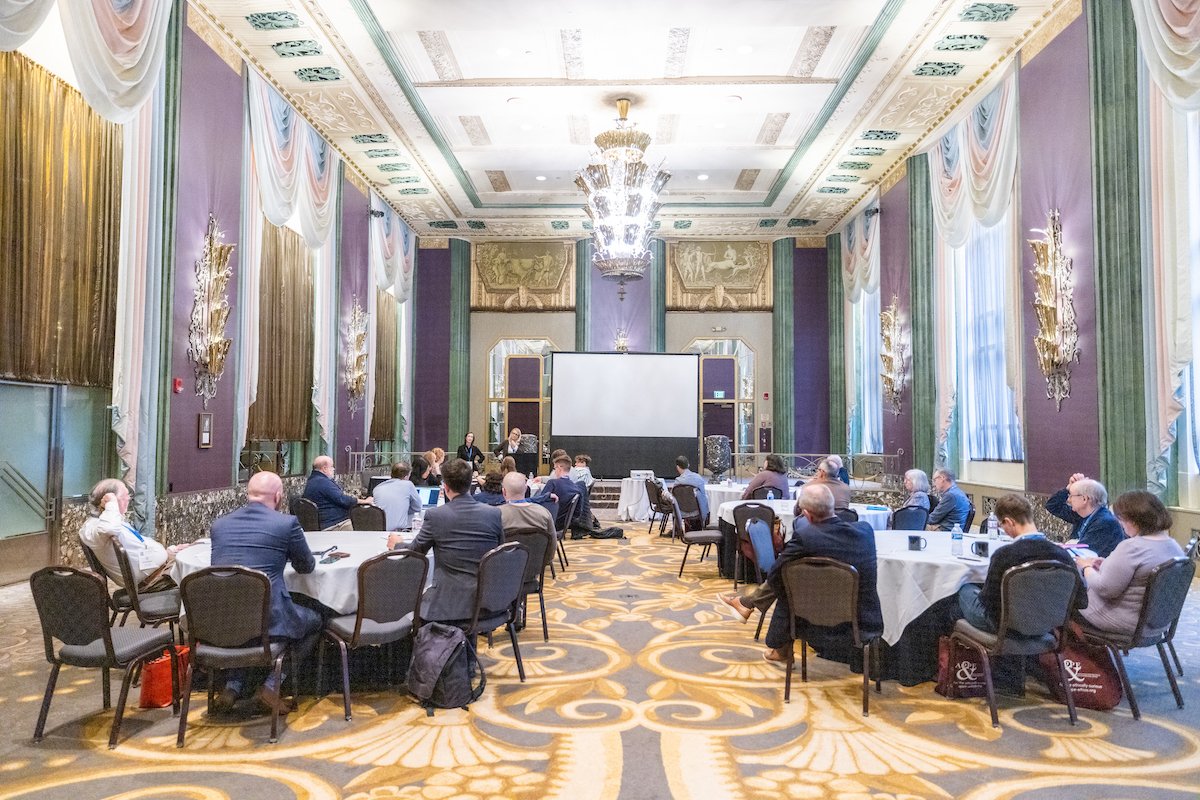
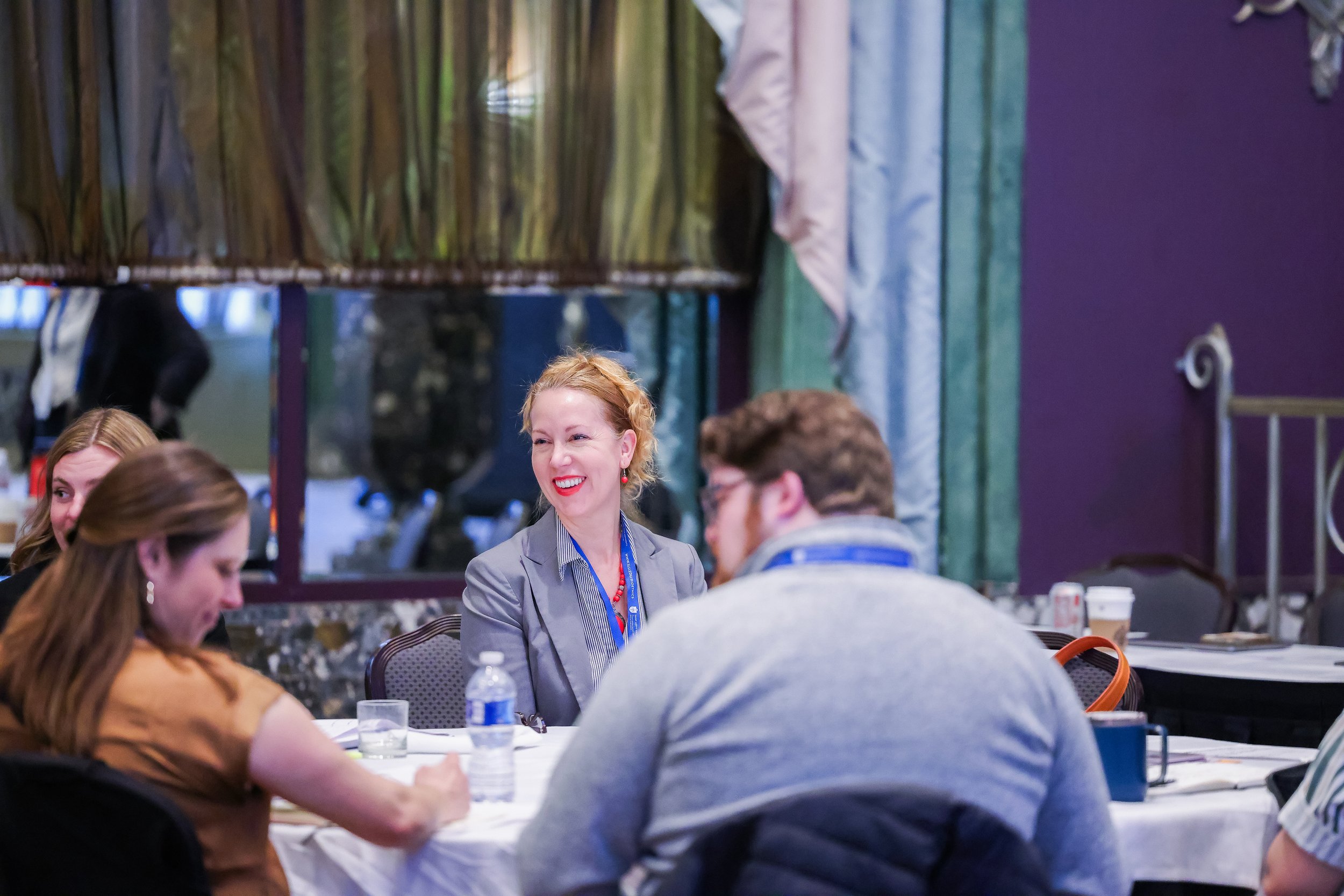
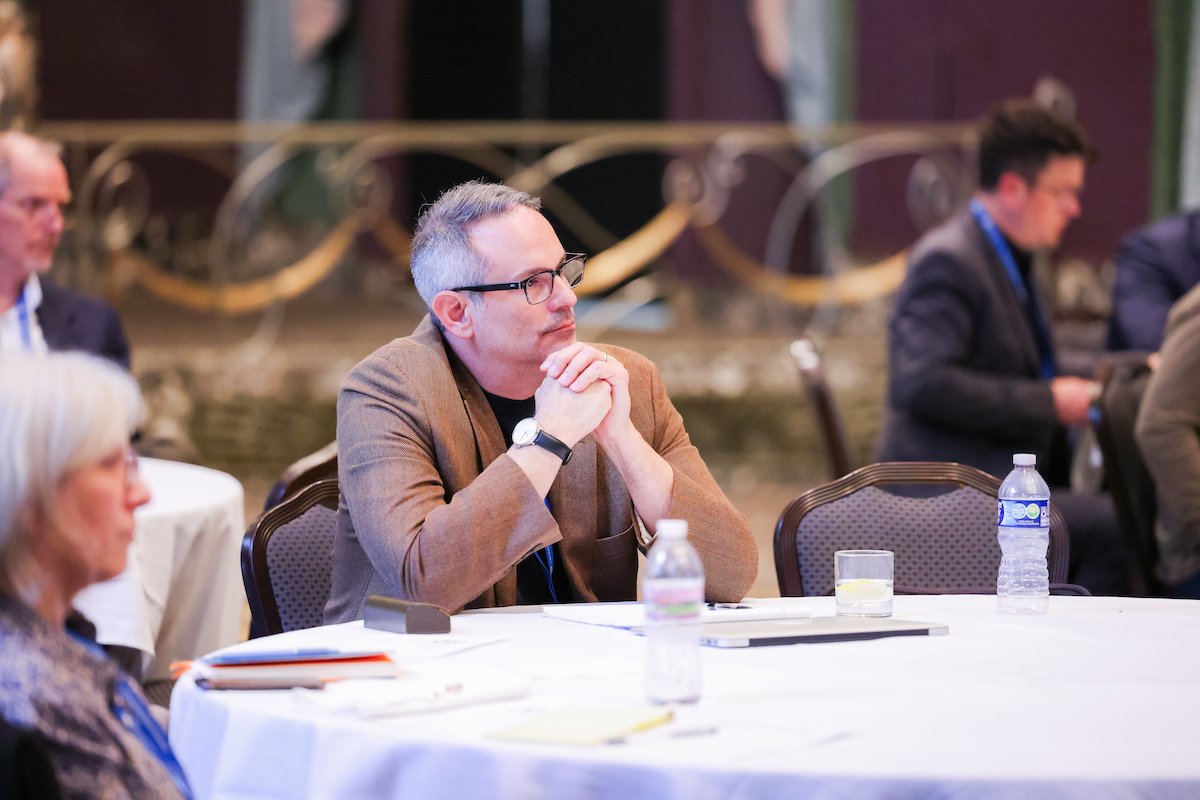
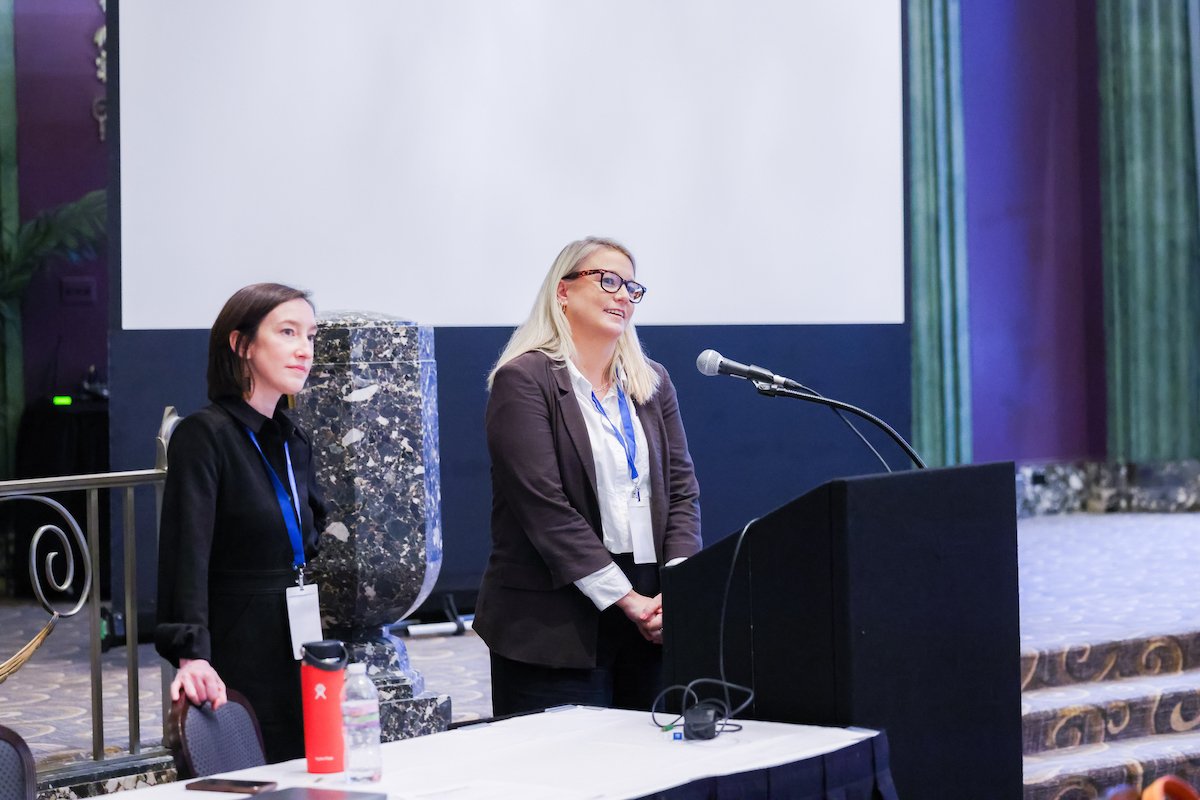
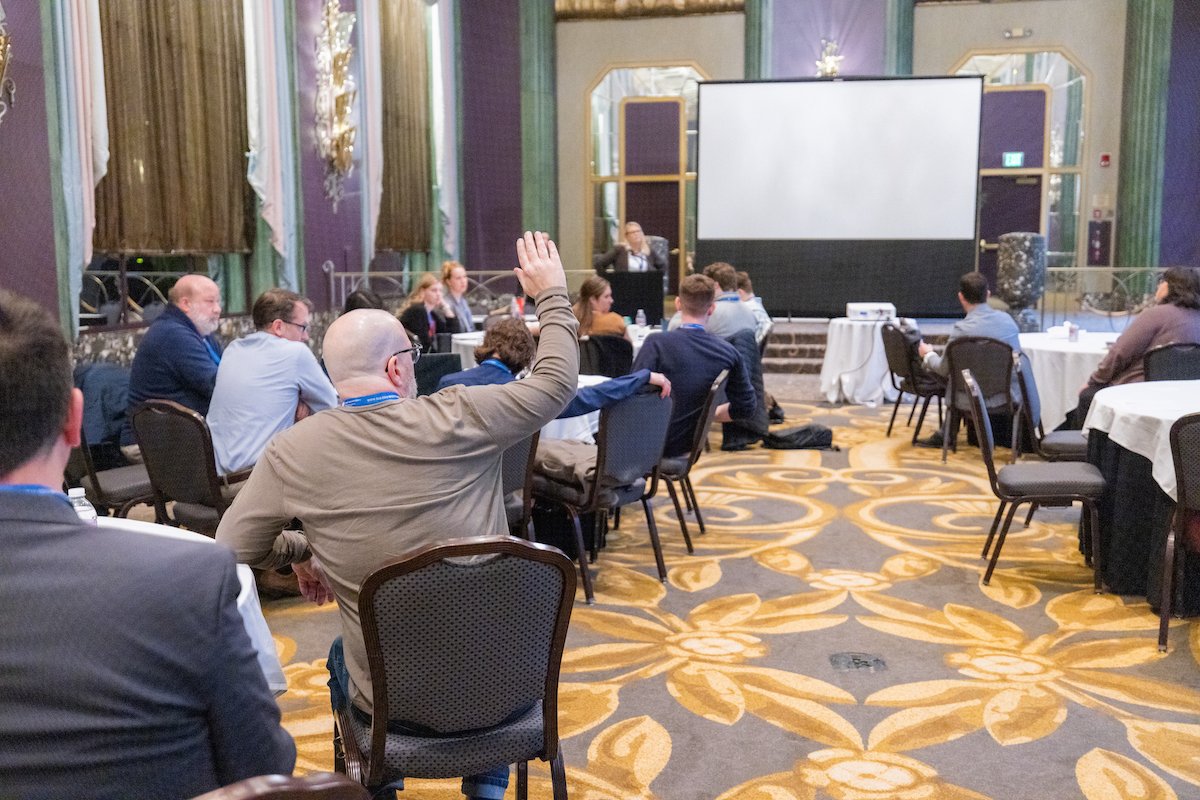

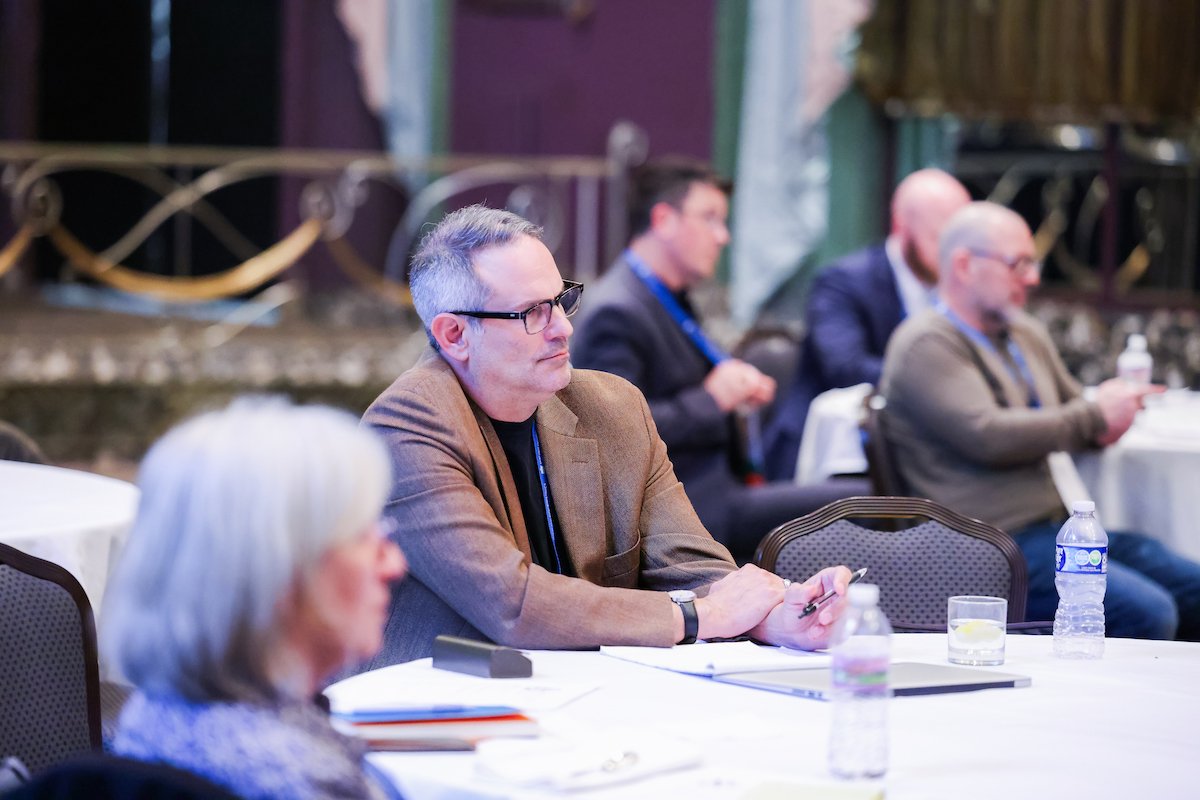
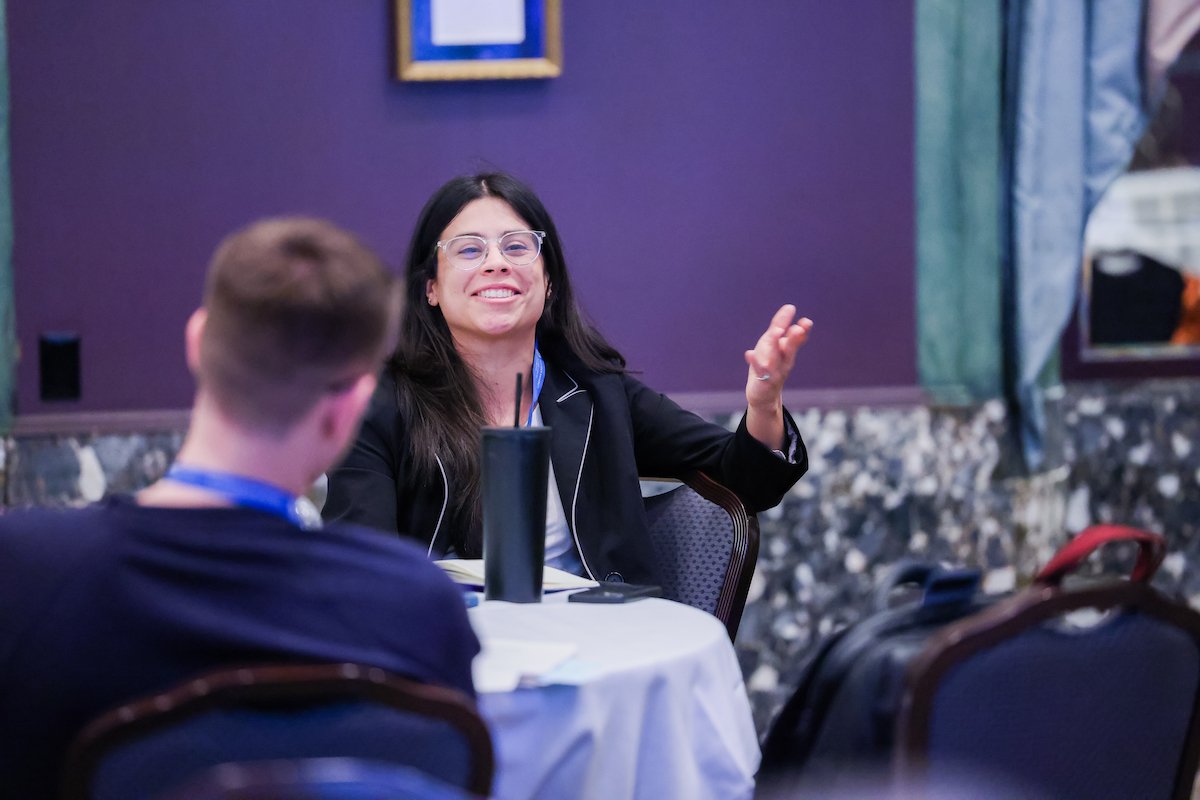
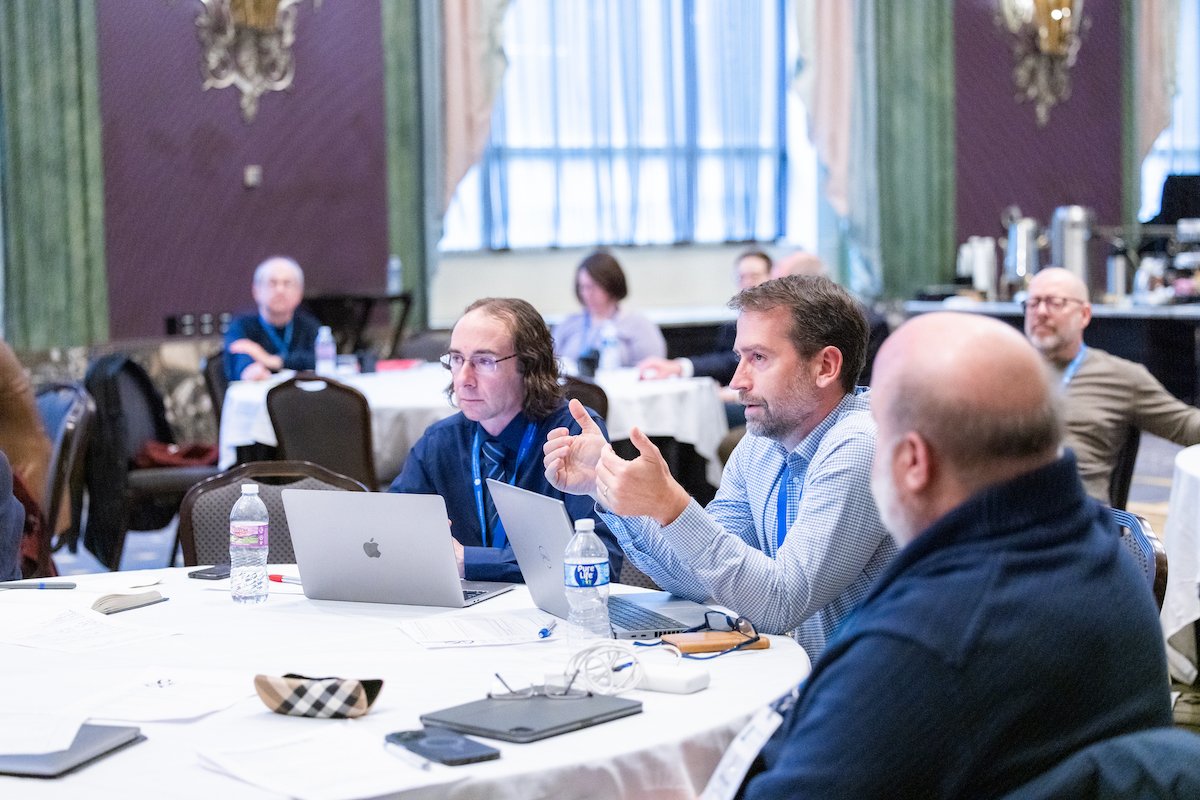
Connecting With the Public
Alex Richardson, PhD, director of the National High School Ethics Bowl at the Parr Center for Ethics at the University of North Carolina at Chapel Hill, said ethics centers need to connect with the public to fulfill their purpose.
“We are improving decision making in a process-based way, to help people understand their own moral worlds and deliberate together about the tough questions in a democratic society,” Richardson said.
“Those things are hard, and people aren’t born knowing how to do that. Ethics centers do a lot of that work — helping people think about how they think. The idea is that you can become a more deeply informed, reflective and deliberative member of society.”
At the Emory University Center for Ethics, Edward L. Queen, PhD, sees his public-facing role as directly connected to his center’s mission of shaping and forming future community leaders. News media outlets in the metro Atlanta area frequently call upon him to share an ethicist’s perspective on current events.
“Whenever I go into an interview, I want to answer the journalist’s questions, but I also have a point I want to get across,” said Queen, who is director of the D. Abbott Turner Ethics & Servant Leadership Program.
For example, he said, a news story about government corruption would be an opportunity to mention how anything that undermines public trust in the system is damaging to society.
“It’s both about bringing our expertise to bear on the specific issue, and thinking about what you want the audience to hear,” he said. “As an expert, you have a role to play in shaping and forming the public discourse.”
More highlights from the APPE Conference: https://www.appe-ethics.org/
To learn about Red Window’s capabilities as a partner for research centers and institutes: https://www.redwindowcommunications.com/services


